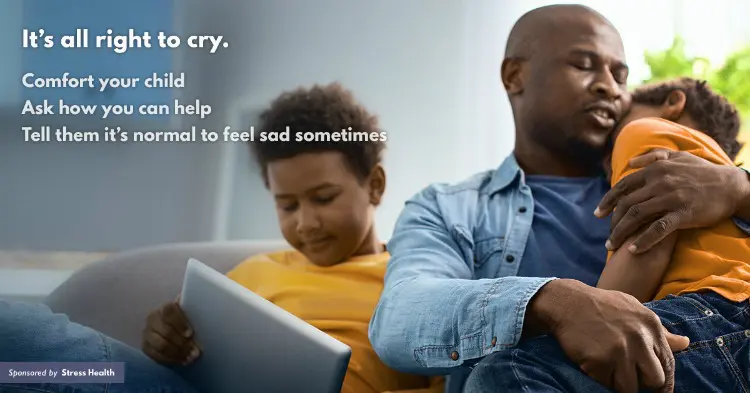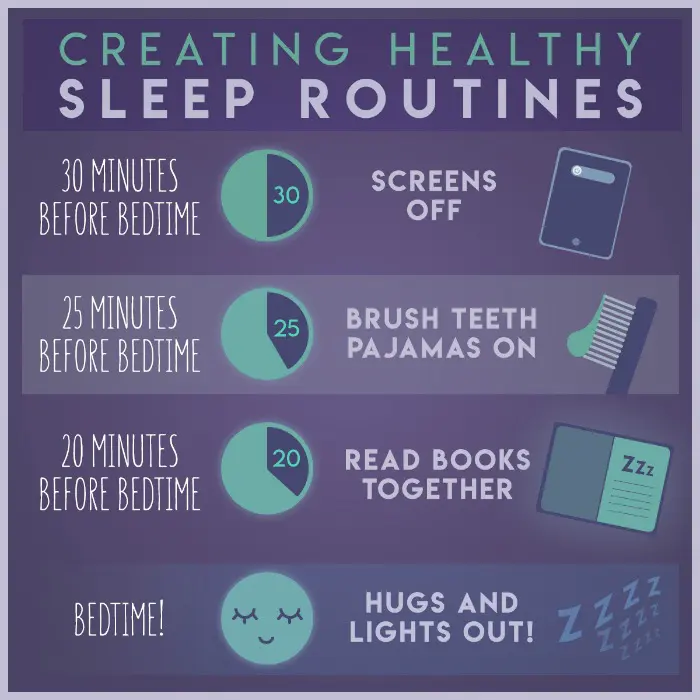Maybe you have heard of toxic stress and you are looking for toxic stress definition to see what exactly someone was referring to. Or maybe you know someone who was diagnosed with toxic stress syndrome. This type of overwhelming stress maybe due to a severe episode (for example, abuse). Or it may be due to prolonged exposure (for example, neglect). Today, I will share about what toxic stress is and about toxic stress symptoms. This blog post is brought to you by Stress Health, an initiative of the Center for Youth Wellness.
What is Toxic Stress?
Toxic stress is a high level of stress that results from exposure to Adverse Childhood Experiences (ACEs). These are damaging life events like emotional or physical abuse, neglect, parental addiction, mental illness and household instability. Powerful stress hormones overwhelm the child’s body and brain and produce very negative effects. Unlike like normal stress, the physiological changes to the body that result from toxic stress often do not go away when the stressor does.
I just tried to put that toxic stress definition into simple terms. If you’d like a more scientific version of the physiology of severe stress, here are the words of Hillary A. Franke which were published in Children, an international, peer-reviewed, open access journal of pediatrics:
“Childhood toxic stress is severe, prolonged, or repetitive adversity with a lack of the necessary nurturance or support of a caregiver to prevent an abnormal stress response. This abnormal stress response consists of a derangement of the neuro-endocrine-immune response resulting in prolonged cortisol activation and a persistent inflammatory state, with failure of the body to normalize these changes after the stressor is removed…A child experiencing adversity is at risk of permanent changes to brain architecture, epigenetic alteration, and modified gene function.”
Toxic Stress In Children
I am so happy to partner with the CYW (Center For Youth Wellness) and share their Stress Health resources. These are aimed to support families and individuals dealing with adversity and toxic stress from childhood through adulthood. Toxic stress can result from Adverse Childhood Experiences (ACEs) and can affect lifelong health and behavior. I recently learned about severe chronic stress and traumatic stress from a TED talk by Pediatrician Nadine Burke Harris. I was just blown away to learn what a negative impact it can have on a child throughout their lives. It even increases “the risk for 7 out of 10 of the leading causes of death in the United States.”
Toxic stress syndrome refers to the physical and psychological effects resulting from prolonged exposure to severe, frequent, or unrelenting stress without adequate support from a nurturing caregiver or environment. Unlike regular stress, which is a natural and often manageable response to challenges, toxic stress occurs when the stress response becomes overactive for an extended period, leading to harmful consequences. This overwhelming stress can impair brain development in children, particularly in areas related to learning, memory, and emotional regulation.
Childhood Toxic Stress Examples:
- Adverse childhood experiences (ACEs), such as abuse, neglect, or household dysfunction.
- Being reliant on a parent with substance abuse issues.
- Being witness to continual domestic violence.
- Chronic poverty, community violence, or systemic inequities.
- Persistent emotional or physical challenges without adequate resources or support.
The good news is that research shows parents can be the most powerful force in preventing or even reversing the impact of toxic stress in their children. That’s why it is helpful to be alert for Toxic Stress Symptoms.
10 Toxic Stress Symptoms:
- Poor coping skills
- Behavioral problems
- Learning difficulties
- Mood swings
- Sleep issues
- Regressing to bedwetting
- Frequent headaches or stomach aches
- Overeating and other compulsive behaviors
- Fear and anxiety triggered by places or people that remind them of past trauma
- Frequent illness and/or chronic health conditions
These are not the only possible toxic stress symptoms. If something feels amiss with your child, it is a good idea to talk to them. Really try listening to find out what is going on.
Stress Health Resources
Remember, toxic stress symptoms should alert you so that you can help reverse their course. As Hillary A. Franke put it, “Factors that predict resilience in children experiencing adversity include a solid relationship between the child and parent as well as a high quality relationship between the child and teacher…Focus on early interventions to strengthen resilience factors may help to minimize a toxic stress response.”
You can learn more about Stress Health, ACEs, and CYW’s available resources at: centerforyouthwellness.org
The Stress Health website is full of resources to help you learn how to address toxic stress symptoms. They provide information on parenting with ACEs. They also provide advice on nutrition, healthy sleep routines, and mindfulness. There is even a helpful newsletter with resources for you and your family. Their mission is help parents recognize toxic stress symptoms and reverse the damage as soon as possible. You may want to take the ACEs Questionnaire.
Conclusion
Toxic stress can have profound and lasting effects on physical, emotional, and cognitive development, particularly when left unaddressed. It disrupts the body’s natural stress response, leading to chronic health issues, difficulties in emotional regulation, and impaired learning capabilities. However, the effects of traumatic stress are not irreversible. Supportive relationships, access to mental health resources, and environments that promote stability and resilience can mitigate its impact and foster recovery. Recognizing the signs of toxic stress and taking proactive steps to address its root causes are essential for promoting well-being and ensuring individuals can lead healthy, fulfilling lives.
Were you familiar with toxic stress in children and what a big impact it can have on their future? I hope you find these resources useful. Feel free to share them and get the word out so that kids can get help now! Let us know if you have questions @familyfocusblog
Related Posts:
How You Can Help Your Kids Manage Stress


